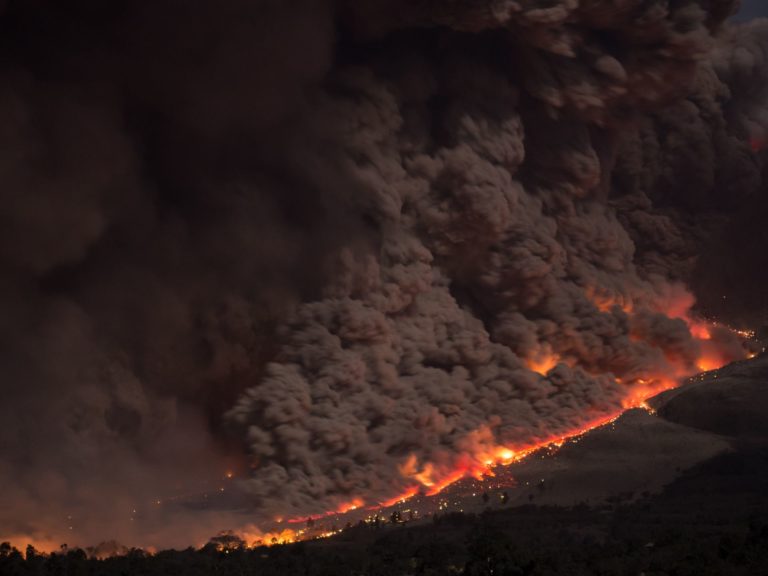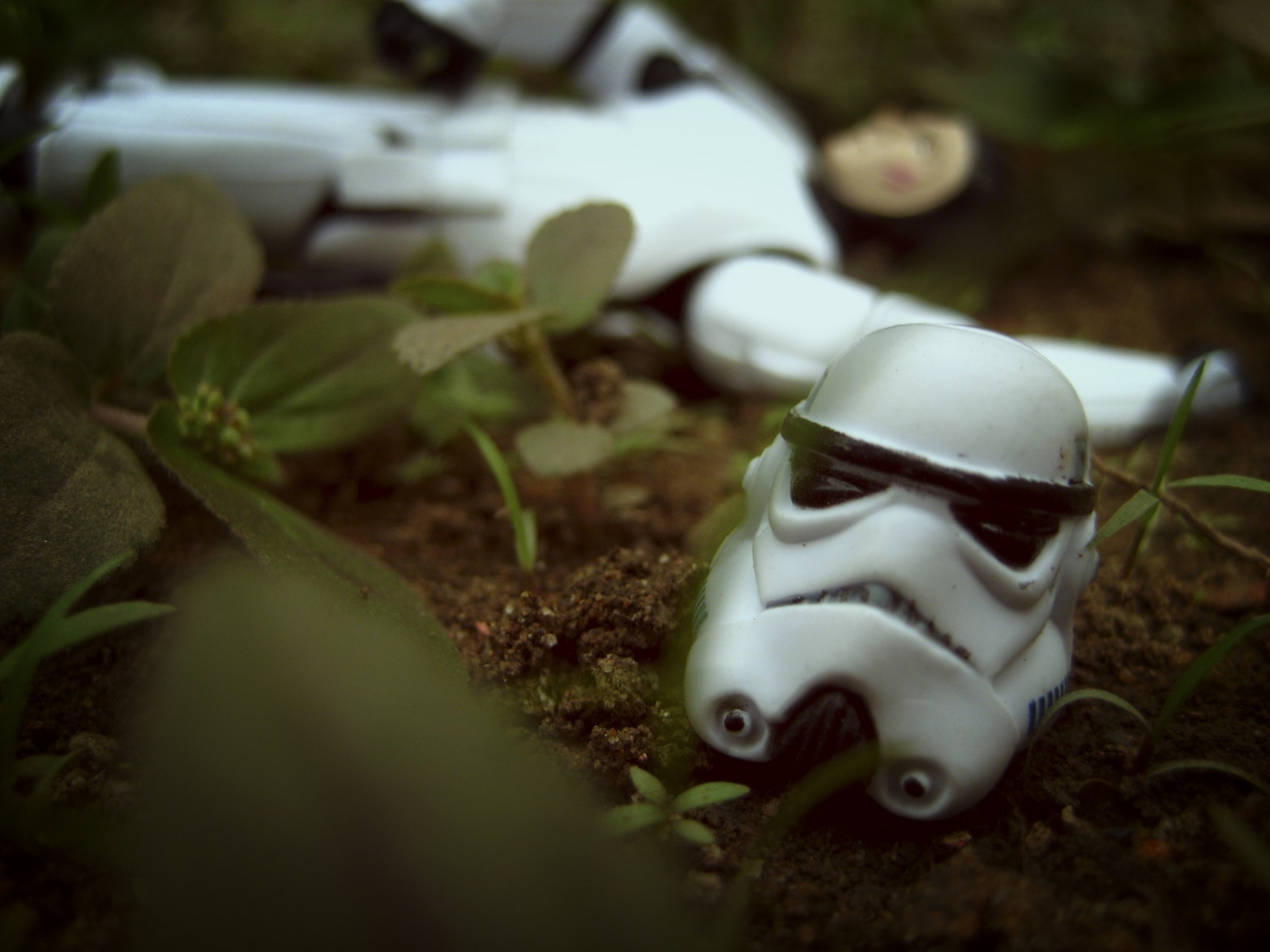During the twentieth century, as a continuation of the industrial revolution, the capacity to produce and consume increased. As a result, what is known as the linear economy was imposed. In the linear economy model a product or service is purchased, “used” and “thrown away.” At the same time, the world’s human population multiplied and the needs of humanity with it. All this caused an over exploitation of natural resources (coal, oil, etc.) that has generated environmental imbalances. For example, the higher consumption of fossil fuels has produced an increase in the production of CO2 and other greenhouse gases that contribute to global warming. The linear model prioritized short-term economic profitability over environmental and social matters. It is a system that is proving itself unfeasible.
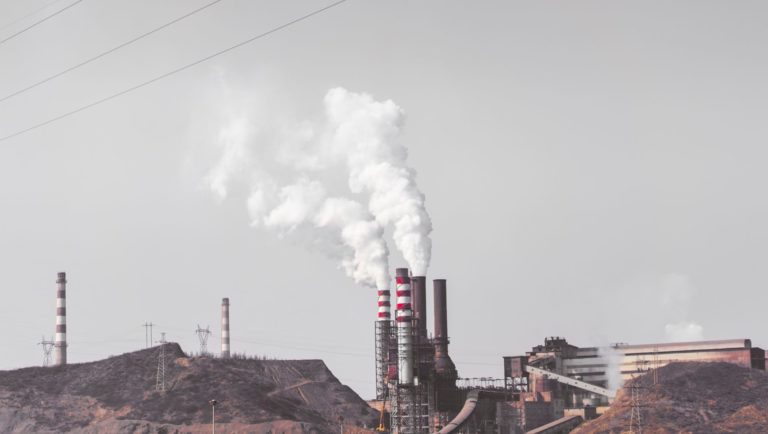
We must change the model or we will face unprecedented crises. Lack of food, lack of water, and rise in sea levels will cause uncontrolled migratory movements. Imagine that our houses and/or cities disappear as a result of the sea level rising — after all, most of the population is gathered on the coasts.
The circular economy model takes into account environmental, social, and economic matters.
As an alternative to the linear model, the circular economy is a system that seeks to minimize “throwing” and change it by “reusing and recycling.” Ideally we would eliminate “throwing” entirely, which means reusing everything, but that is utopian nowadays. The circular economy model takes into account environmental, social, and economic matters.
The switch to this new system should come from everyone taking initiative. We should work to create an economic system similar to nature’s ecosystem, in which one person’s waste is someone else’s raw material. We should search for synergies constantly.
Governments have to push for this change. For example, the European Union has launched, within the circular economy directive, recycling targets for the next 16 years. This waste management policy has promoted a different hierarchy in which the first objective is to prevent the generation of waste, then reuse, recycle, heat value (the best known is incineration), and as a last resort, deposit waste in a landfill.
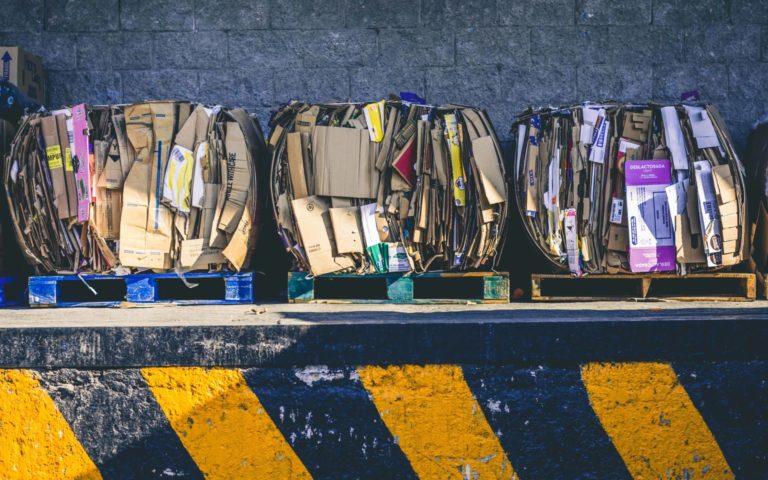
Investment funds must be more responsible in their investments. For example, the sovereign fund of Norway no longer invests in oil companies or other entities that don’t consider environmental and social matters.
Companies have to achieve production in different ways, even change their business models. A good example is ecodesign, designs that use reusable or recyclable products so they don’t end up in a landfill or in the sea. Ecodesign stands out in comparison to design approaches that only attempt to reduce costs.
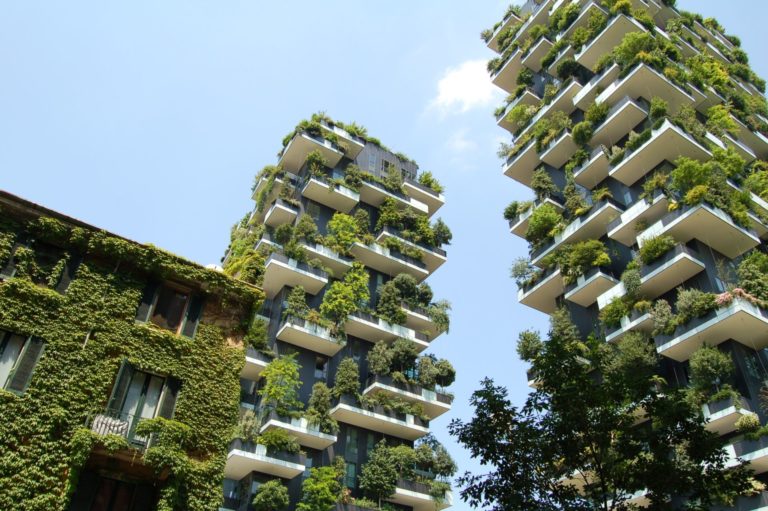
Citizens should reward companies that promote sustainable models and/or sustainable products, as well as contribute with ideas to improve our habitats. That is our responsibility. For example, Oslo, Norway launched a variety programs that focus on gathering ideas from citizens to turn the city into a one that has a neutral impact on the environment, which means a city that emits “0” and respects the environment.
From my point of view, this necessary change from a linear to a circular economy means new opportunities. A clear example is the biorefinery, which is comprised of chemical companies that can grow or reinvent themselves by extracting value-added compounds from agro-food waste or urban solid waste, instead of oil. There are plenty of initiatives that propose changes in business model, in which you pay for usage and not for the property, car-sharing, fashion, etc.
We are facing a huge challenge; we have to change the consumption model. We must include in our purchasing criteria the environmental and social approach, and be aware of the waste and emissions that we generate.
The transition from a linear to a circular economy is not simple, but it is necessary. We can do it in a progressive and preventive way or we will have to do it in a corrective and hard way, as happens with natural catastrophes (fires, floods, hurricanes, etc.) that are becoming frequent and more economically significant.
